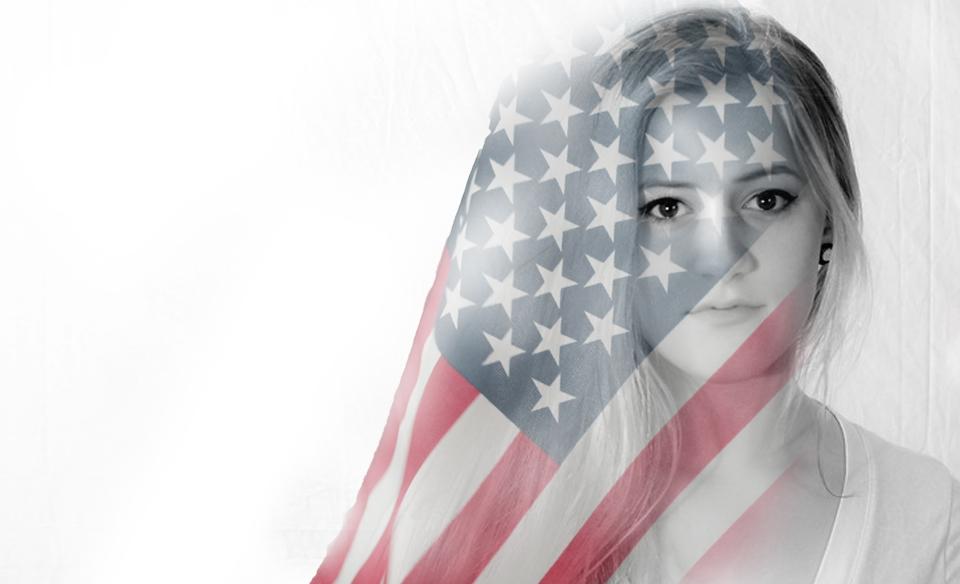Finding Political Identity
April 12, 2016
Believe it or not, arguing on live debates and searching for a way to expose scandals about the other runner has not always been the primary focus of the presidential race opponents. As many saw televised, 2016 opponents such as Donald Trump and Bernie Sanders have criticized each other and tried to define their political party as they see fit. However, with the different mentalities of voters deriving from their social values and self identity, young voters are left trying to find the true definition of each party.
Republican party, or the Grand Old Party (GOP)
As reported by the official GOP website, the definite Republican Party was founded in 1854 in Jackson, Michigan by a group of anti-slavery activists. The GOP’s elephant symbol originated as a cartoon first and was later used in an 1860 campaign to signify strength. Under president Lincoln, the Republican Party became the Party of the Union as well. The economic policies of that time revolved around low taxes, a sound money reservoir and regular restraint concerning government spending. It was established early on that the private sector, or the part of the national economy that is not under government control, was the engine of wealth creation. Today, according to its official website, the GOP believes individuals, not the government, make the best decisions and are entitled to equal rights.
The frontrunner for the Republican Party is currently Donald J. Trump. In a press conference in October 2015, Trump stated that the country needed to “cut the defense budget, and the entire EPA and the Department of Education.” He also stated that he would “say ‘no’ to same sex marriage and ‘no’ to civil benefits.
The Democratic Party
The official democratic website describes the Democratic Party as the oldest continuing party of the United States. As reported by Encyclopedia Britannica, the Democratic Party has changed significantly in the past two centuries. First emerging as federalists, the Democratic Party was led by icon Thomas Jefferson and was reprimanded as being too radical similar to the radical democrats of the French Revolution. Early in the 19th century, the Democratic Party was known to support slavery and opposed civil right reforms in order to continue support with southern voters. However, when President Lyndon secured the Civil Rights Act of 1964, many southern supporters were lost. Traditionally, the Democratic Party holds a strong belief in a tenacious central government with powers to regulate businesses and industries. And, while the popular donkey logo, first started by Thomas Nast in the 1870s, it was never officially adopted by the party. The frontrunner for the Democratic party is Hillary Clinton. While previously being against same-sex marriage in the 1990s, as noted by “On the Issues,” she revealed in a 2014 conference that she has changed her mind on gay marriage, and that “we have all evolved on gay marriage since the 1990s.” According to her website, Clinton plans to raise the wage of “hardworking families” and give tax breaks to the middle class and small businesses.
Independent (Unaffiliated)
Some may not agree with all aspects of one candidate from a party, and that’s okay. That’s where voting independent comes in. Also known as third parties, most independent voters have varying ideas and choose candidates based on their policies and specific issues rather than voting because of their affiliated party. According to the Independent Voting website, independents “seek to diminish the regressive influence of parties and partisanship by opening up the democratic process.” Almost 43 percent of Americans identify themselves as independent when voting. However, some states don’t let voters register as independent when voting in the primaries. These are closed primaries and consist of fifteen states, including New York, Kentucky and Nevada. The other fifteen states have open or semi-open primaries, meaning voters can vote unaffiliated to a particular candidate.
Do not be confused by rhetoric: learn the language of the candidates.
Fascism: a political philosophy, movement or regime that exalts nation and often race above the individual that stands for a centralized autocratic government headed by a dictatorial leader, severe economic and social regimentation and forcible suppression of opposition.
Socialism: a way of organizing a society in which major industries are owned and controlled by the government rather than by individual people and companies.
Militant: having or showing a desire or willingness to use strong, extreme, and sometimes forceful methods to achieve something.
Electoral College: a body of electors; especially one that elects the president and vice president of the United States.
Bailout: the act of saving or rescuing something (such as a business) from money problems.
NAFTA: North American Free Trade Agreement
Discrepancy Words: Words such as “would” or “should”, used more often when individuals lie.

